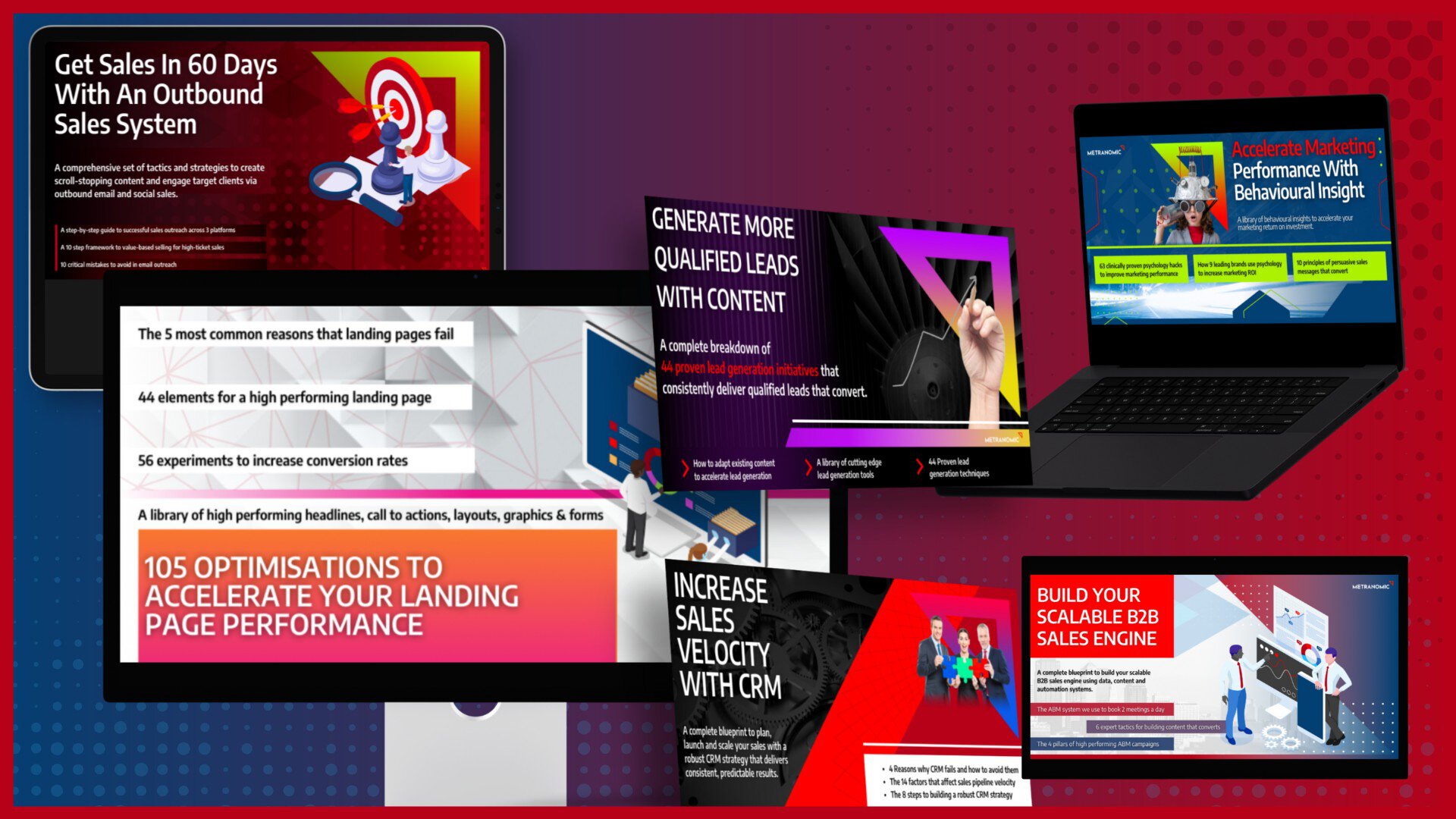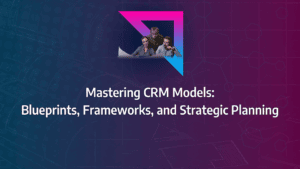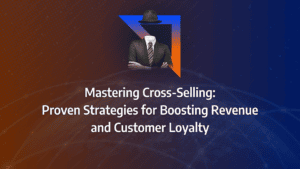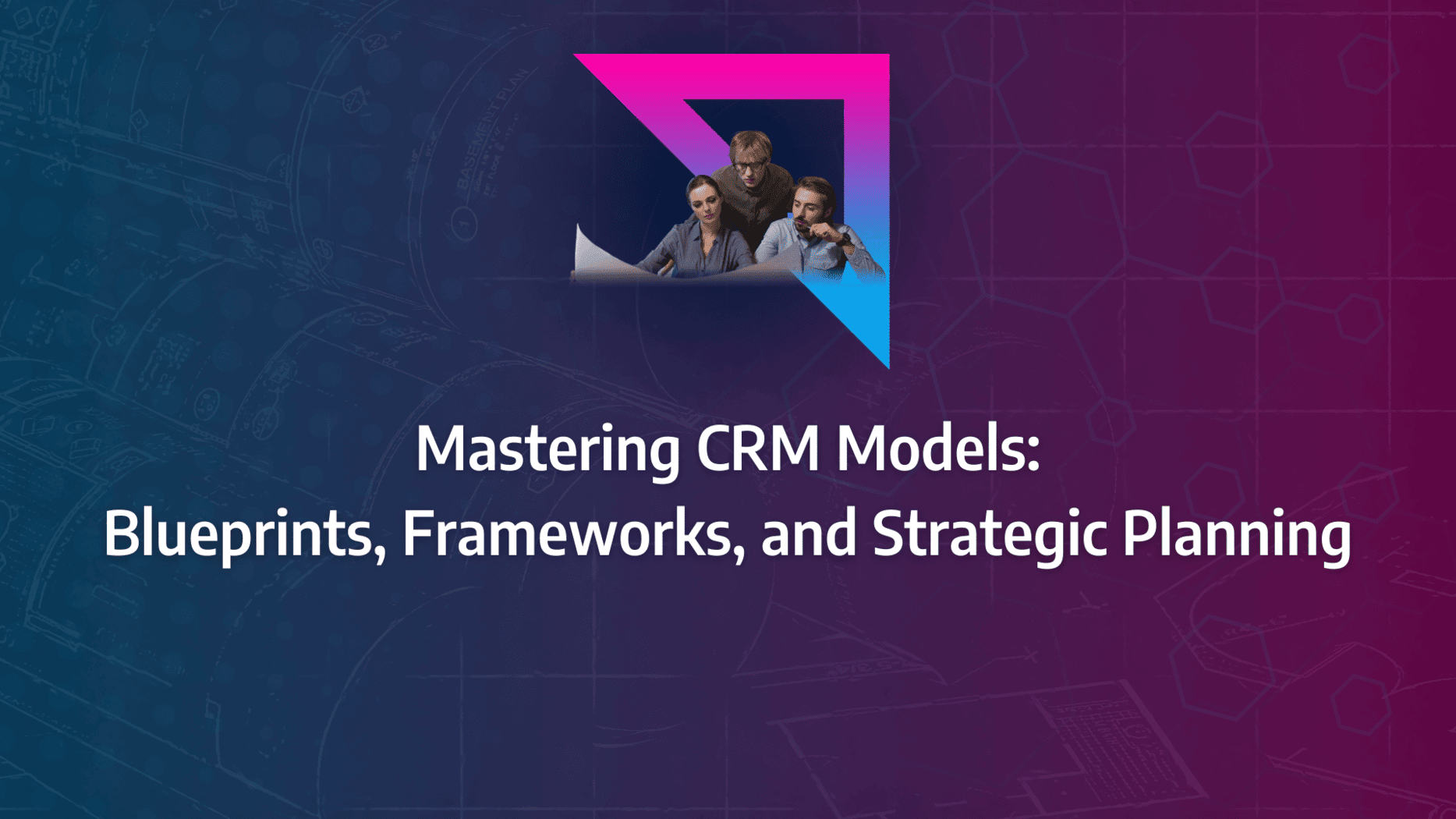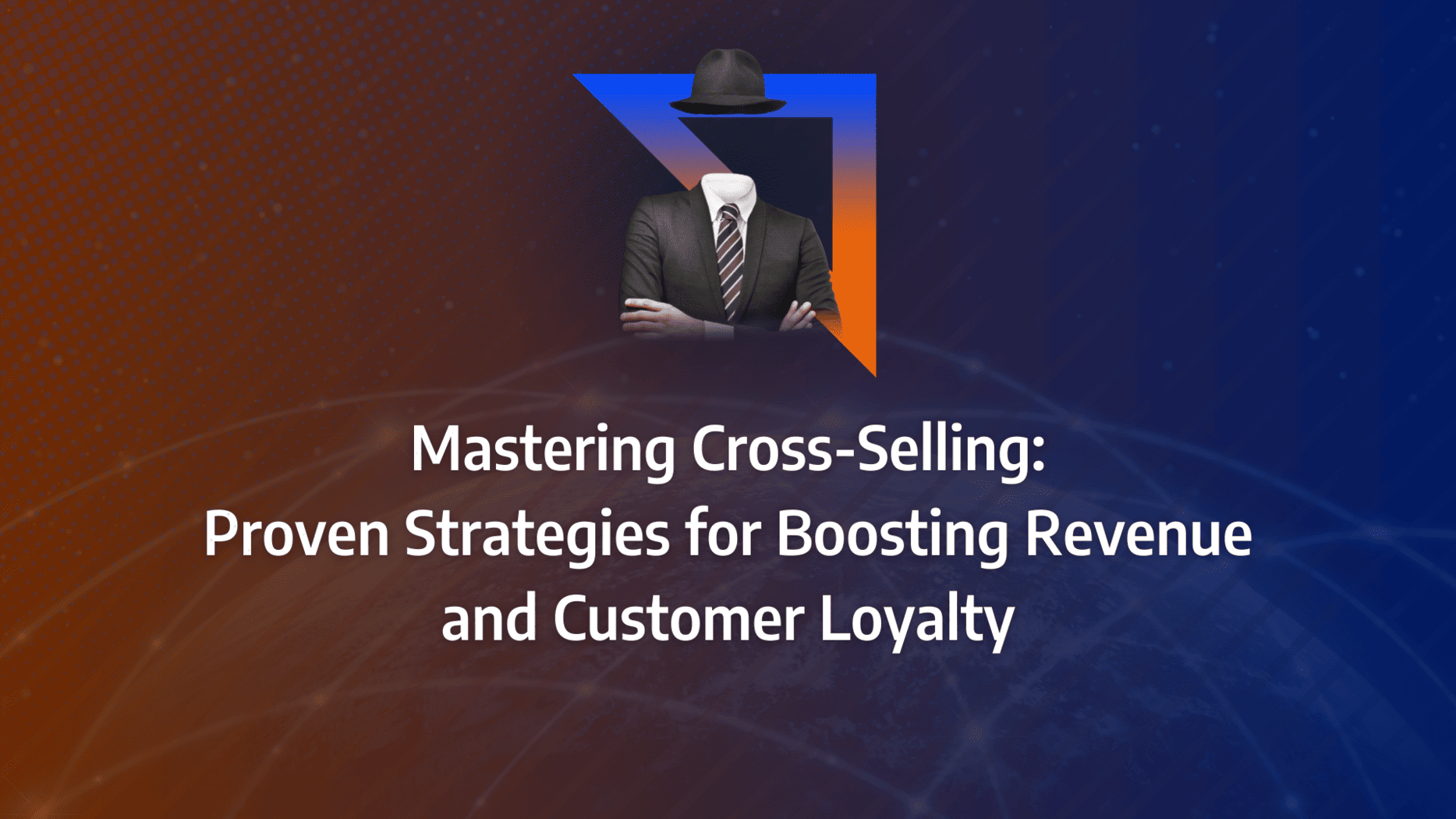Customer Relationship Management (CRM) has evolved into a critical element of modern business strategy, serving as the backbone for managing interactions with customers and prospects. Yet, many organisations still struggle to fully grasp its potential. By understanding the core principles of CRM, companies can enhance customer satisfaction, streamline operations, and ultimately drive growth.
In this guide, we’ll break down the complexities of CRM, exploring its definition, management strategies, and the strategic insights needed to leverage it effectively within your organisation.
- Understand CRM Fundamentals: Grasp the basic definition and core functionalities of CRM to better manage customer interactions and improve overall business processes.
- Implement Effective CRM Strategies: Focus on CRM strategies that align with your business goals, ensuring seamless integration across departments for maximum impact.
- Enhance Customer Satisfaction: Use CRM tools to gain deeper insights into customer behaviour, allowing for more personalised and effective communication.
- Streamline Operations: Leverage CRM systems to automate routine tasks and improve efficiency, freeing up resources for more strategic initiatives.
- Drive Business Growth: Implementing a well-managed CRM system can lead to increased sales, improved customer retention, and ultimately, business growth.
- Adopt a Data-Driven Approach: Use CRM data to inform decision-making, ensuring that your strategies are based on real-time customer insights.
- Promote Team Collaboration: Ensure that your CRM strategy fosters collaboration across teams, improving internal communication and aligning efforts toward common business objectives.
- Measure CRM Success: Regularly assess the performance of your CRM strategy through key metrics, allowing for continuous improvement and adaptation.
- Invest in the Right CRM Tools: Choose CRM software that fits your company’s specific needs, ensuring that you have the right tools to support your customer relationship management efforts.
- Stay Updated with CRM Trends: Keep abreast of the latest CRM trends and technologies to maintain a competitive edge and continuously improve your CRM strategy.
What benefits can I expect from implementing a CRM system in my business?
Customer Relationship Management (CRM) is a sophisticated strategy employed by companies to manage and optimise their interactions with both existing and potential customers. By leveraging CRM insights, organisations can streamline various processes, enhance customer relationships, boost sales, improve customer service, and ultimately increase profitability. Understanding the key concepts of CRM is essential for any business aiming to refine its customer engagement strategies and operational efficiency.
What Matters Most?
We typically find that CRM should be seen as more than just a software tool—it’s a strategy designed to enhance customer relationships. Our clients often discover that the most effective CRM systems integrate deeply into their customer journey, providing actionable insights at each stage. It’s critical to view CRM as a driver of long-term trust and loyalty by consistently delivering personalised experiences.Get In Touch
Who Can Benefit from CRM?
One of the most remarkable aspects of CRM is its versatility and broad applicability across different organisational units. Whether in sales, customer service, recruitment, marketing, or business development, CRM systems offer invaluable support. The best CRM software provides a comprehensive solution for managing external relationships effectively.
CRM systems centralise all customer information, record service issues, identify sales opportunities, and manage marketing campaigns. This centralised approach not only makes data more accessible but also enhances collaboration across different processes, thereby boosting productivity. CRM processes are tailored to meet the needs of businesses of all sizes, making it a versatile tool for enhancing operational efficiency.
Who is CRM For?
A well-implemented CRM system serves as a vital tool for various departments within an organisation. From sales and customer service to business development, recruitment, and marketing, CRM systems enable better management of external interactions and relationships that are crucial for success.
A CRM tool allows businesses to store customer and prospect contact information, track sales opportunities, log service issues, and manage marketing campaigns—all within a centralised system. This unified access to customer interaction data ensures that anyone in the company can retrieve essential information, such as communication history, purchase records, and payment details. This transparency not only facilitates better collaboration but also significantly enhances productivity.
CRM systems are particularly advantageous for small businesses, where resources are often limited, yet the need to maximise efficiency and effectiveness is critical. By adopting a CRM system, businesses of all sizes can drive substantial growth and make informed, data-driven decisions.
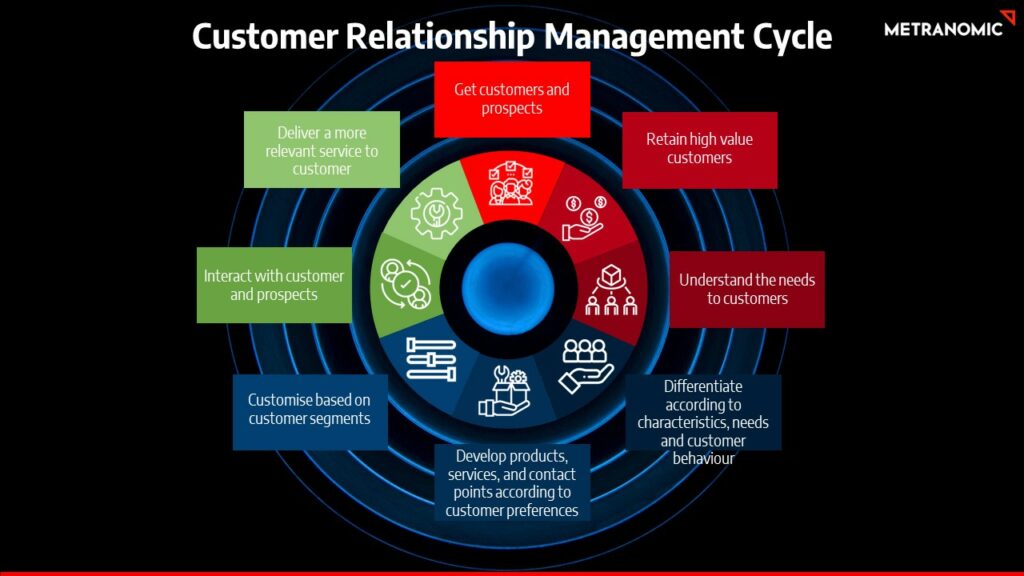
How do I choose the right type of CRM for my company’s needs?
Why CRM Matters to Your Business
Customer Relationship Management (CRM) is integral to the success of any modern business. Effective relationship management encompasses interactions with vendors, employees, partners, clients, and customers. Managing these relationships efficiently can be daunting, but adopting a robust CRM system can organise and streamline your data and processes, offering one of the best business solutions available.
If your business has yet to implement CRM software, it is highly recommended to do so immediately. CRM insights help businesses stay connected with customers, optimise CRM processes, and significantly boost revenues. Embracing CRM is a strategic decision to enhance business operations and achieve measurable results swiftly.
Types of CRM
Modern CRM platforms often provide comprehensive solutions that integrate all facets of customer relationships within a business. However, certain CRM systems are tailored to focus on specific areas:
- Sales CRM: Designed to drive sales and expand the pipeline of new customers and prospects, with a focus on the entire sales cycle from lead tracking to deal closure.
- Marketing CRM: Aimed at building, automating, and tracking marketing campaigns, particularly online and via email. These systems identify targeted customer segments, provide real-time statistics, and utilise A/B testing to refine strategies.
- Service CRM: Integrates dedicated customer service support with sales and marketing efforts. These systems often include multiple contact points such as online chat, mobile, email, and social media, ensuring comprehensive customer support.
- Collaborative CRM: Promotes the sharing of customer data across various business segments and teams to enhance efficiency and communication, facilitating seamless collaboration.
- Small Business CRM: Optimised for smaller businesses with a limited number of customers, these systems offer simplicity, intuitiveness, and cost-effectiveness compared to enterprise CRM solutions. They ensure that small businesses can provide the best possible customer experience.
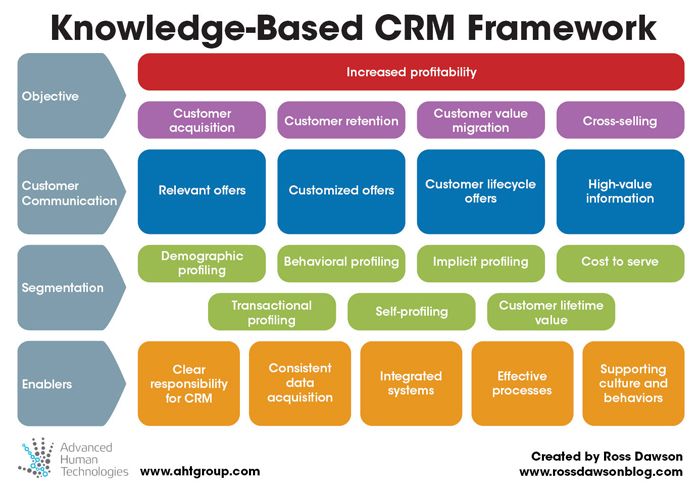
Should You Be Looking to CRM Systems to Improve Your Business?
The Multifaceted Benefits of CRM
Modern customers can engage with your business through various channels, some of which might not involve direct contact. In such scenarios, your sales team may struggle to keep track of customer details and interactions. A CRM system is not just a database; it is a comprehensive tool designed to help maintain and enhance customer relationships.
By leveraging CRM insights, you can gain a deeper understanding of your customers, including their backgrounds and needs. Whether customers reach out via phone, email, or social media, a CRM system ensures that no communication is missed or lost in the flood of information. This common platform for customer interactions prevents slow or unsatisfactory responses, which can ultimately result in lost sales and revenue.
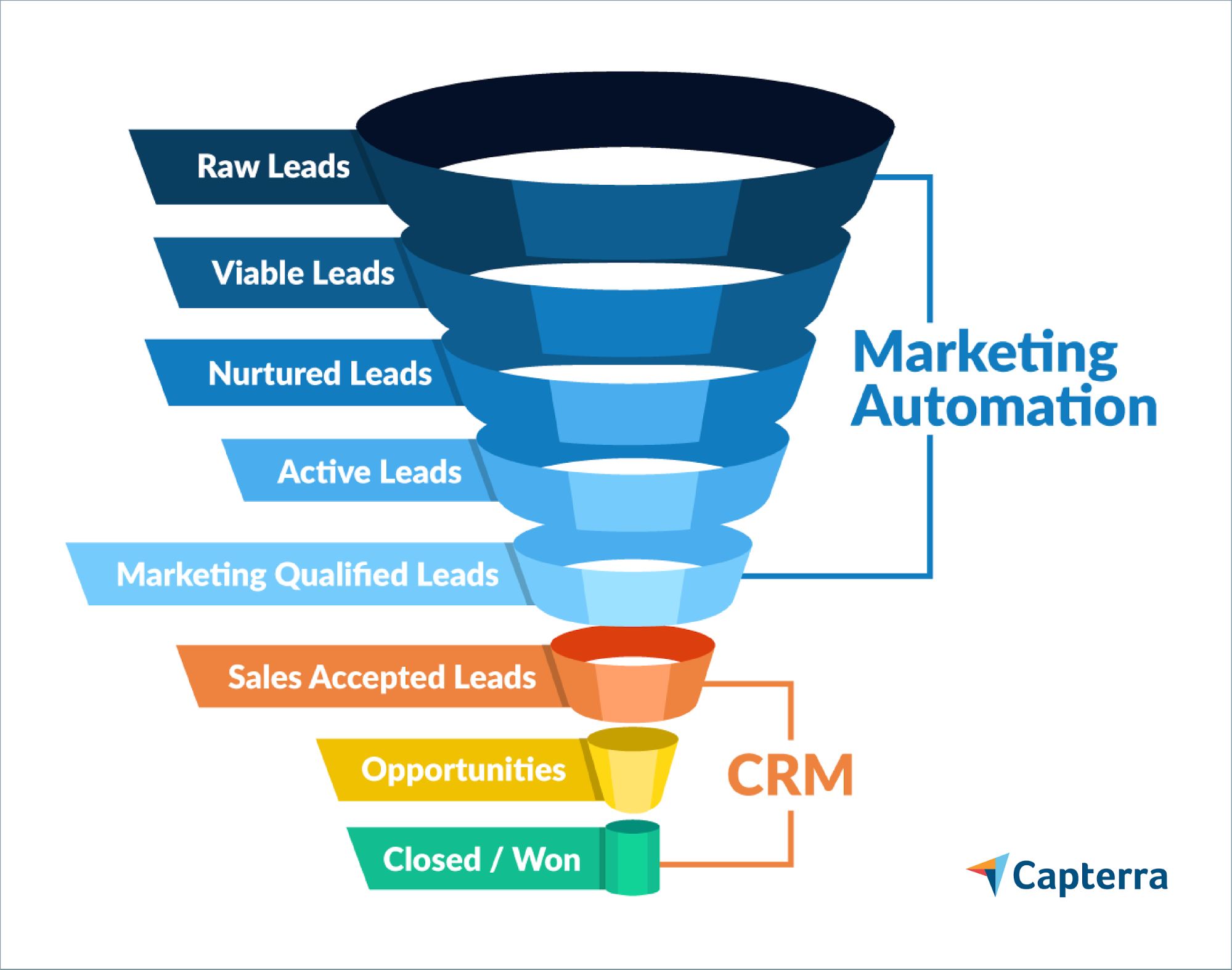
Enhancing Customer Interactions and Driving Sales
Imagine a scenario where a customer calls, and your sales representative can greet them by name and instantly access their purchase history and preferences. Such personalised interactions can significantly enhance customer satisfaction and loyalty. Furthermore, knowing the importance of each customer to your business can help tailor your sales strategies more effectively.
Incorporating CRM processes into your business operations allows for the seamless integration of CRM marketing aspects, ensuring that every customer interaction is tracked, managed, and utilised to drive business growth. Understanding the CRM definition and key concepts of CRM will equip your team with the tools needed to streamline operations, improve customer service, and increase profitability.
Our Tactical Recommendations
From our experience we see that success comes when CRM systems are embedded into every customer-facing interaction. Marketers need to emphasise that CRM is not just a reactive tool; it should be used to anticipate customer needs proactively. Moreover, investing in training teams on how to leverage CRM data effectively is key to deepening customer connections. Ensuring seamless integration with marketing automation platforms also provides consistent, tailored experiences that are crucial for retaining and growing customer relationships.Get In Touch
Key Features of CRM Systems
Flexibility, Security, and Lower Costs with Cloud CRM
In today’s digital landscape, CRM software has evolved to live in the cloud, offering unparalleled flexibility and security. This advancement allows businesses to safely store and access all customer data from anywhere, at any time, ensuring real-time updates across all devices. Each employee can access the same information simultaneously, enabling seamless collaboration and efficient data management.
Adopting a cloud-based CRM system also simplifies implementation. The absence of hardware significantly reduces costs and makes installation and ongoing management a straightforward task for IT teams. Without the hassle of version control issues or scheduled updates, businesses only pay for the seats and features they use. As your business expands, you can easily scale your CRM system to accommodate additional users and functionalities, aligning perfectly with your growth plans.
Unified View of the Customer
A core principle of CRM systems is providing a unified view of every prospect and customer. This consolidated perspective enables the management of day-to-day customer activities and interactions efficiently. For marketing, this means delivering targeted digital marketing campaigns and journeys, engaging prospects with the right message at the right time. Sales representatives benefit from a clear view of their pipeline, allowing them to work faster, smarter, and achieve more accurate forecasting.
How Much Does a CRM System Cost?
The cost of a CRM system varies based on several factors, including the size of the business, the scope of features required, the number of users, and the chosen software vendor. Setup and implementation fees can reach thousands of pounds, reflecting the complexity and customisation of the system. Typically, CRM is billed on a per-user, per-month basis, with prices ranging from £15 to £300 or more, depending on the level of complexity and functionality needed.


